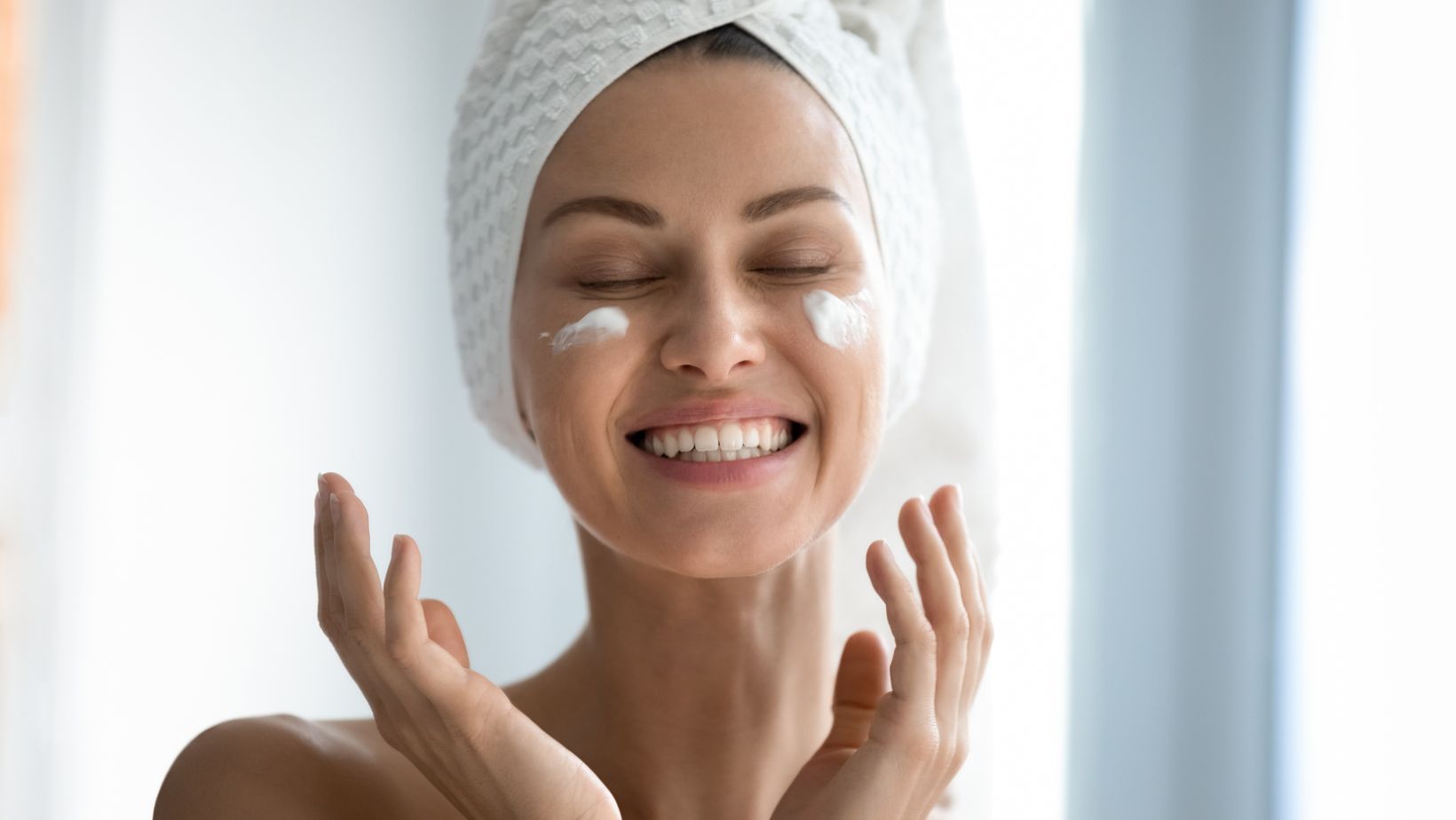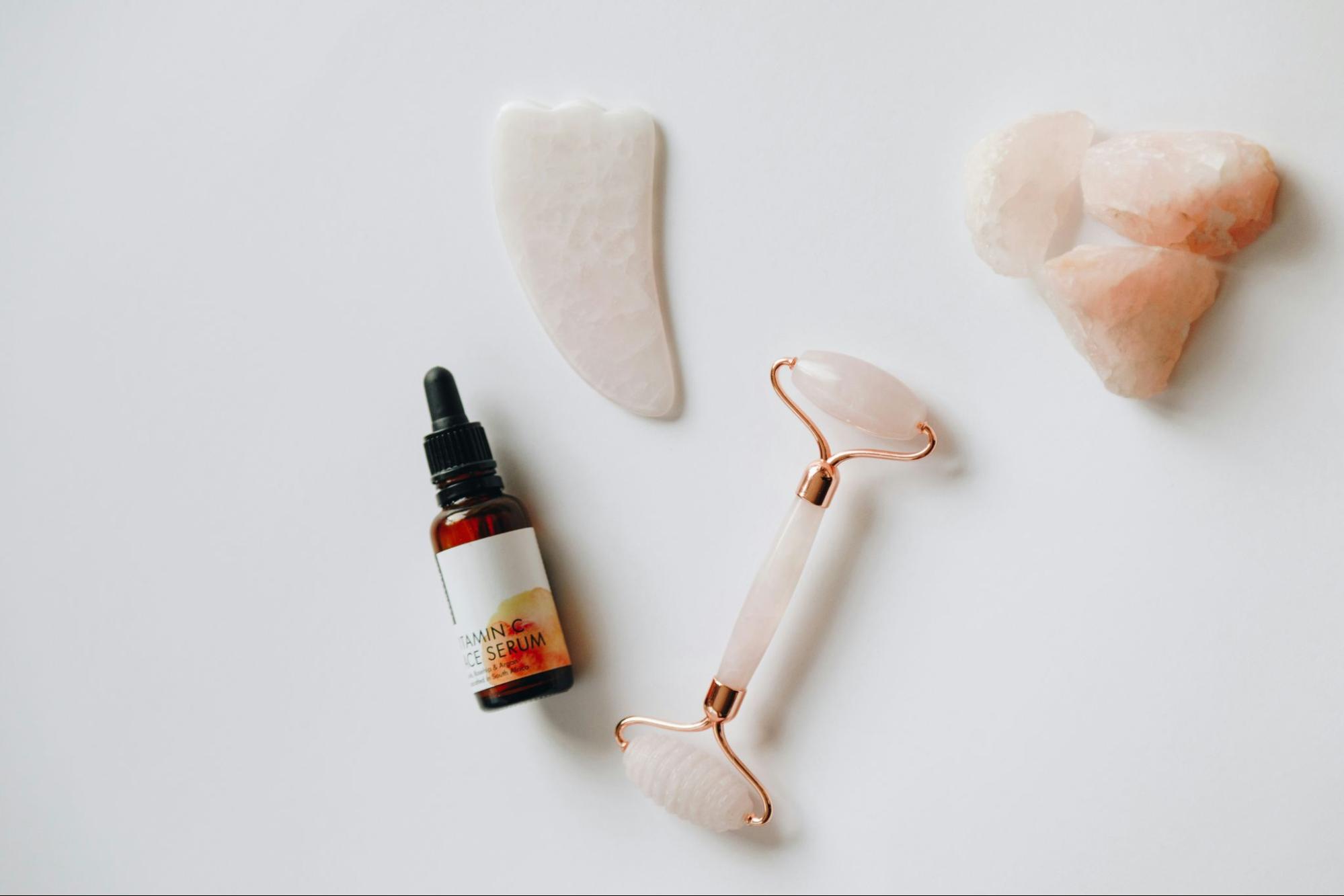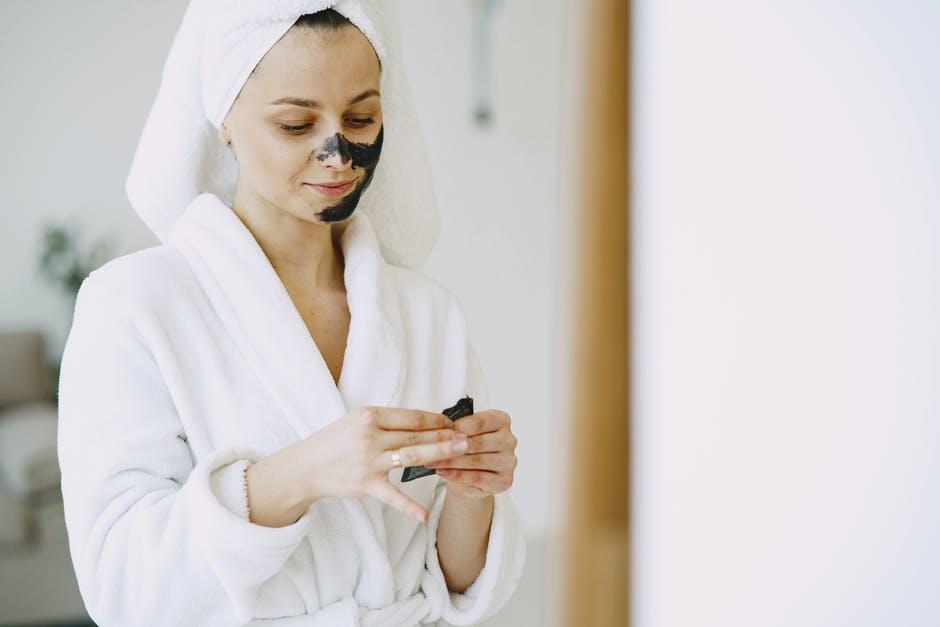In a world brimming with endless skincare options, how do you find the genuinely right products for you? The quest for an optimal skincare routine can be daunting, but fear not! This guide is here to simplify choosing the right skin products. By the end of this post, you’ll know exactly what to look for when curating your perfect skincare lineup, ensuring your skin receives the care it deserves.
Navigating Product Labels and Claims
Marketing terms on skincare products can be misleading. Words like “natural,” “organic,” or “dermatologist-tested” may not always guarantee efficacy or safety. It’s essential to research and understand what these claims genuinely mean. “Natural” often implies using plant-based ingredients, but verifying whether these are beneficial for your specific skin type is crucial. When selecting skincare products, it’s worth exploring natural options like Spruce Lotions, which can provide soothing benefits for the skin. Similarly, “organic” requires certification, but not all organic ingredients suit every skin type.
Products labeled “dermatologist-tested” have undergone testing but aren’t necessarily endorsed by dermatologists. In this case, explore the internet, where you may find Crystal Clear Skin Makeup if you are looking for a range of scientifically formulated products proven to get results. Always check for customer reviews and conduct personal research before purchasing. “Non-comedogenic” is a vital claim for those with acne-prone skin, indicating that the product is less likely to cause blackheads or clogged pores.
Understanding Your Skin Type
Before choosing any product, it’s essential to understand your skin type. Products that work wonders for one individual may not have the same effect on another. If you’re constantly battling shine and breakouts, products targeting oil control and acne might be your best allies. Dry skin craves hydration and moisture-rich products to replenish its natural barrier and maintain balance. Combination skin is just that—a combination. A balanced routine that addresses both needs is critical. Lastly, sensitive skin is reactive and can quickly become irritated by certain ingredients or environmental factors. Opt for gentle, hypoallergenic products designed with soothing properties.
Decoding Ingredients Lists
Once you’ve identified your skin type, the next step is decoding the ingredient list on skincare products. While this may seem overwhelming, understanding key components can make all the difference. Non-comedogenic oils such as tea tree or jojoba for oily skin can aid in balancing sebum production without clogging pores.

Humectants like hyaluronic acid attract moisture to dry skin’s surface. Combination skin might require a mix of both hydrating and mattifying ingredients. Layering lightweight moisturizers and targeted treatments can effectively address varying needs. Sensitive skin thrives on calming ingredients like aloe vera, chamomile, and ceramides. Fragrance-free products are often a safer choice to prevent irritation.
The Role of pH Balance in Skincare
Maintaining the skin’s pH balance is essential for healthy skin function. Our skin’s natural pH is slightly acidic, around 5.5, which helps keep the skin barrier and fend off harmful bacteria. Cleansers with a high pH can strip natural oils, leading to dryness and irritation. To maintain your skin’s equilibrium, opt for gentle, pH-balanced cleansers. Toners can also be vital in balancing pH after cleansing, preparing the skin for subsequent treatments, and enhancing their effectiveness. Over-exfoliating with acidic products can disrupt the pH balance, causing sensitivity. Incorporate exfoliants sparingly and adjust as needed.

Choosing the right skin products is a personal and evolving process, one that is essential for achieving healthy, radiant skin. Understanding your skin type, decoding ingredients, and building a simplified routine based on professional guidance are vital steps in this journey. Whether you’re tackling acne, dryness, or aging, patience and consistency will ultimately yield the best results. Following the tips outlined in this guide, you’re on your way to curating a skincare routine that enhances your natural beauty. For those seeking personalized advice or curious to explore further, consider consulting a skincare specialist or dermatologist.
